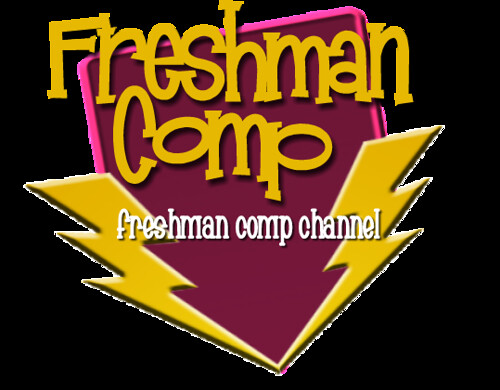Benefits of Asynchronous, Direct Communication and Interaction Between Teacher and Student
I’ve been podcasting for years now, and I’ve always found the benefits of doing so in my online and hybrid courses valuable to the success of those courses. When I first started teaching hybrid and online back in 1998, I always thought there was something missing. I missed the ability to “talk” directly to my students, to point out missing points or correct behavior or provide motivation. Podcasting has allowed for me to add that back into my courses. I was just reading a journal article from the British Journal of Educational Technology where Rob Van Zanten, Simon Somogyi and Gina Curro (2010) wrote a paper that:
“explores how students interact with different types of podcasts. The study compares download and course evaluation data of a series of short-summary podcasts with full-lecture podcasts produced for the same university course. The findings show that students value full-lecture podcasts as highly as the short-summary podcasts, despite the fact that full-lecture podcasts are downloaded to a markedly lesser degree.”
This is interesting to me, as I’ve always heard that the most effective use of podcasts were to have short micro-lecture podcast and not full lectures. If you’ve always thought the same, then this article should be of interest to you.
Regardless if you go for the short-summary podcasts or the full lecture podcasts there are many benefits for including them in your courses. I could bore you with text, but why when I can demonstrate the value of a podcast. The following video describes the benefits of podcasting in the classroom.
Yes, a video can also be a podcast depending on how you distribute it. All videos on YouTube have a subscription option turning video channels into podcasts. The benefits of podcasting that I see are a bit different from Doug Saunders’ video from 2009, and I don’t have time to make a video to match his. However, audio podcasts can be just as effective, so I’m going to share a few more benefits below in an audio podcast. Feel free to make this podcast interactive by providing comments in the podcast stream.
Soundcloud, the program I used to create my podcast, provides a service called Timed comments that let your students and/or fans give you valuable feedback at specific moments throughout the podcast. You can pinpoint exactly where to leave a comment and start a conversation around it. Give it a try.
You have to sign up for a Soundcloud account before you can leave comments, but it’s quick and easy to do so.



Comments are closed.